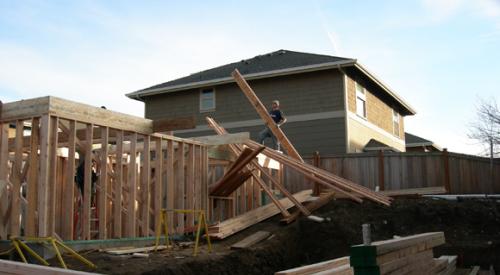Many experts have said that it is unreasonable for a company’s leadership to expect their employees to take better care of their customers, than the company does for the employees. There is a lot of truth in this reasoning, but in addition to customer satisfaction implications there are business operations to consider too.
When the industry tanked, most home building companies felt that if an employee still had a job, they darn well should be satisfied! The drastic market decline forced builders to 1) reduce staff, 2) eliminate bonuses, 3) trim benefits and even 4) reduce salaries. What did all this do for employee morale, satisfaction and loyalty?
During the depths of our industry downturn, I called Veronica Ramierz, CEO of Joseph Chris Partners, one of the industry’s leading employee recruitment and placement firms, and asked for a state of the industry comment. Veronica told me that in 2006 Joseph Chris Partners averaged about 250 homebuilding job orders on any given day – in 2011 the average was just 2! As home building activity has gained momentum, she now reports that their homebuilding job orders are back up to an average of 90 on any given day.
Now that the market has finally bounded back (permits have nearly tripled from this cycle’s low), hiring and recruiting have picked up, too. This means experienced employees are at risk of being hired away. That’s right – headhunters are targeting experienced salespeople, construction personnel, estimators, purchasing agents, customer service staff, and operation executives with sales and/or finance backgrounds. The smart home building leaders are already ahead of this curve. The proof is that we have had more calls to administer our Employee Satisfaction Survey in the past five months, than in the past five years combined! These leaders’ objectives are to understand their employee satisfaction, current reality, and to plan accordingly. This third party survey allows their employees to provide honest constructive criticism, benchmark the builder’s employee satisfaction with other leading companies, and prepare strategies to 1) improve employee satisfaction or 2) pre-strategize new staffing plans.
Those of us who have managed home building companies know that it is far better to identify what the company can do to improve employee satisfaction, before an employee resigns, than afterwards. It inevitably seems that once an employee tenders their resignation, any success in “salvaging” that employee is generally short lived.
This week’s management meeting question of the week: “Do we really know what our current employee satisfaction is, and what potential employee losses are looming?”













